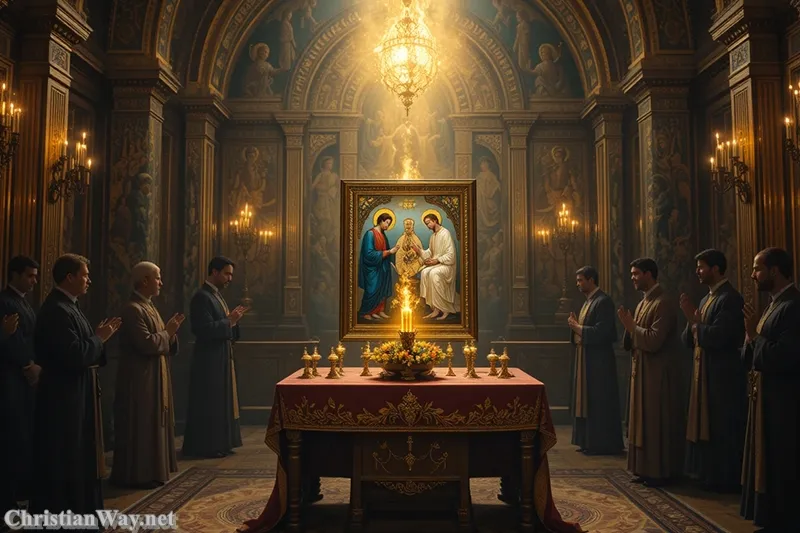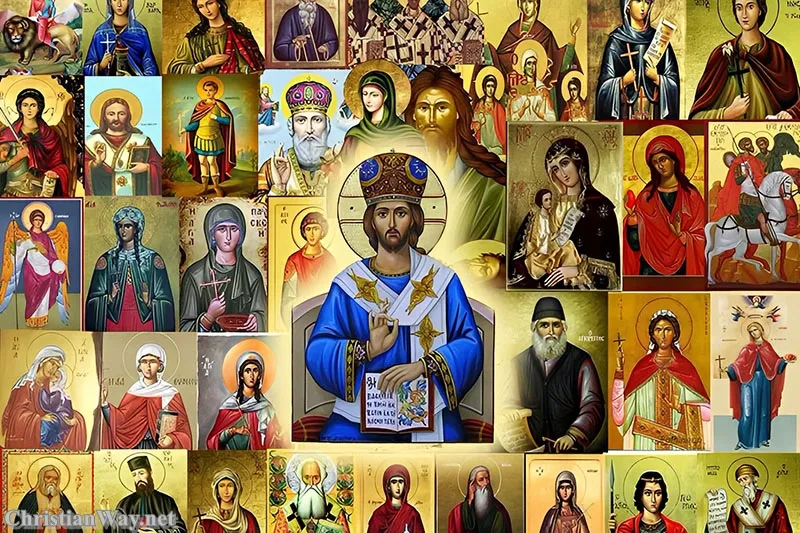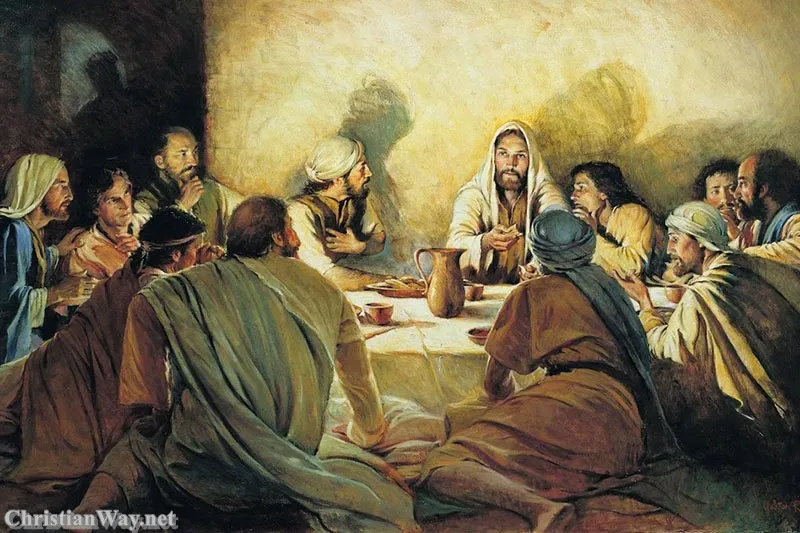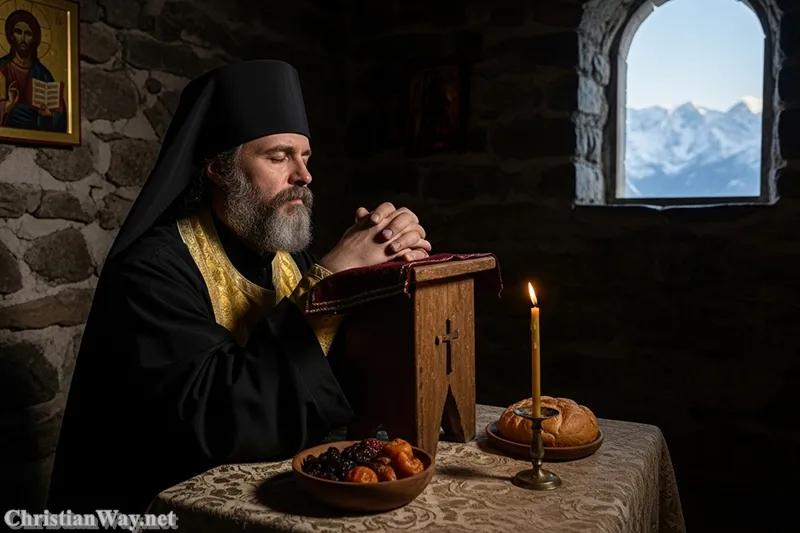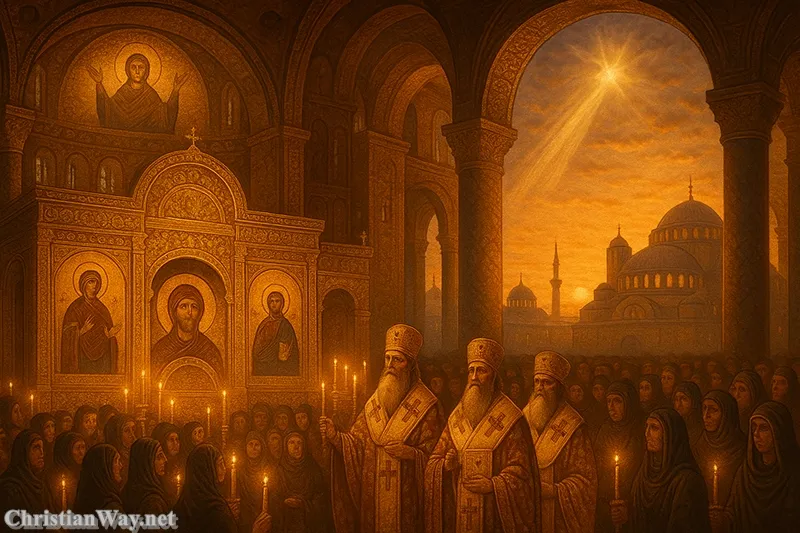Every generation of believers looks for a father—someone who embodies wisdom, faith, and steadfast love. In the earliest centuries of Christianity, this longing found expression in the title “Patriarch,” a word that carries both deep history and profound meaning. The patriarch stands not as a ruler in worldly terms, but as a spiritual father, one who watches over the faith of the Church with humility and devotion.
The word Patriarch comes from the Greek patriarchēs, meaning “chief or father of a family.” In Scripture, it was first used for the ancient fathers of Israel—Abraham, Isaac, and Jacob—men through whom God’s covenant was first revealed and preserved (cf. Acts 7:8–9). In the Christian era, the title came to signify bishops of great authority and holiness who cared for vast regions of the faithful. These men—like the Patriarchs of Constantinople, Alexandria, Antioch, Jerusalem, and later, others within the wider Christian world—served as visible signs of unity, guardians of apostolic faith, and fathers to millions of souls.
The Biblical Roots of the Patriarchal Role
Before the Church ever appointed her patriarchs, the idea of spiritual fatherhood was already woven into the story of salvation. Abraham is called “the father of all who believe” (Romans 4:11). His faith, obedience, and trust in God became a model for every generation. In him, the essence of a patriarch’s calling is revealed—not as a man of worldly dominion, but one who trusts God completely and leads others by faith.
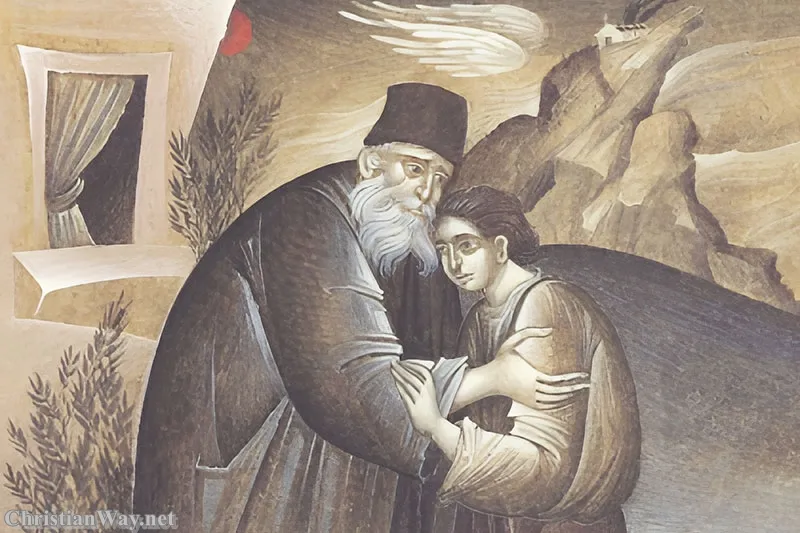
When the Lord chose Moses and later Aaron to guide Israel, their leadership was deeply spiritual: to mediate between God and His people, to instruct them in the Law, and to preserve them from error and idolatry. These early patriarchs of the covenant pointed toward the one true Shepherd who was to come—Christ Himself, the eternal High Priest and Father of the new covenant family.
The Emergence of Patriarchs in the Early Church
As Christianity spread across the ancient world, it became necessary to establish centers of unity and doctrine. Bishops, as successors of the apostles, oversaw local communities, but certain sees held a special place of honor due to their apostolic foundation or their importance in the empire.
By the fourth century, the Council of Nicaea (325 AD) recognized several major patriarchates: Rome, Alexandria, and Antioch. Later, Constantinople and Jerusalem were also given patriarchal status. These five—often called the Pentarchy—formed a sacred order of unity within the one, holy, catholic, and apostolic Church.
Each patriarch had pastoral responsibility for vast territories, but more importantly, he bore the burden of preserving apostolic truth. Their mission was not merely administrative, but spiritual—to teach, to intercede, and to maintain communion among the churches.
The Patriarch as Father and Shepherd
The patriarch’s authority is rooted not in power, but in paternal love. He represents Christ the Good Shepherd, who “came not to be served, but to serve” (Matthew 20:28). His task is to keep the household of faith united, to guard it from heresy, and to nurture holiness among the faithful.
In the Orthodox and Eastern Catholic traditions, the patriarch is often addressed as “Your Beatitude”—a title that reflects the spiritual joy of one who lives close to the heart of God. In the West, while the term Patriarch is less commonly used outside certain ancient rites, the concept of fatherhood remains central to the ministry of every bishop and, most supremely, to the Pope, who is called the Patriarch of the West in historical documents.
A Father Who Bears the Cross
To be a patriarch is to carry the cross of responsibility for countless souls. Like Christ, the patriarch must empty himself of pride, ambition, and self-will. He must listen to the cry of his flock, intercede for their sins, and lead them toward the Kingdom.
The holy Patriarch Athanasius of Alexandria, for instance, defended the divinity of Christ against the Arian heresy even when exiled and persecuted. Patriarch Photios of Constantinople stood firm for the unity of the Church’s faith, and Patriarch Ignatius of Antioch bore witness to Christ through martyrdom. Their lives remind us that spiritual fatherhood is a vocation of sacrifice and fidelity.
The Patriarch’s Role in Preserving Unity
One of the most beautiful dimensions of the patriarchal ministry is its call to unity. The patriarch does not stand apart from his people, but among them—as one who gathers the family of God into communion.
In the earliest centuries, when disputes arose over doctrine or discipline, patriarchs would meet in ecumenical councils to discern the truth together under the guidance of the Holy Spirit. Their goal was never domination, but harmony in the truth of Christ.
Christ’s prayer at the Last Supper still echoes in this ministry:
“That they may all be one; even as You, Father, are in Me, and I in You” (John 17:21).
This unity was not merely organizational, but deeply spiritual and sacramental—a unity of love rooted in the truth of the Gospel.
The Patriarch and the Local Church
While the patriarch holds a position of honor, he is not above his brother bishops. Rather, he serves as “primus inter pares”—the first among equals. His task is to coordinate, to mediate, and to maintain communion among the various local churches.
This principle reminds the Church that authority is always exercised within communion, not in isolation. The patriarch, like a loving father, presides in charity, not as a monarch but as a servant of unity.
In practical terms, this means the patriarch often represents his church in dialogues with other Christian traditions, guides synods, and ensures that the faith remains faithful to its apostolic roots.
The Continuing Role of Patriarchs Today
Even in modern times, when the world often prizes individualism and independence, the patriarch’s role remains vital. He reminds the Church that we are not a collection of separate believers, but a family of faith guided by spiritual fathers.
The Patriarch of Constantinople, often called the Ecumenical Patriarch, continues to serve as a symbol of unity among the Orthodox Churches. The Patriarch of Alexandria leads the ancient Coptic Church of Africa, and the Patriarchs of Antioch and Jerusalem continue to care for the faithful in lands sanctified by Christ’s own footsteps.
Within the Catholic communion, several Eastern Catholic Patriarchs preserve their ancient liturgies and traditions in full communion with the Bishop of Rome. Their presence enriches the universal Church with a diversity that is beautifully united in faith and love.
The Patriarch as a Witness to Christ
Ultimately, the title Patriarch points beyond the man who bears it. It speaks of Christ Himself, the true and eternal Patriarch—the Father of the new creation, who gathers all nations into one household of grace.
When a patriarch blesses, teaches, or prays for his flock, he acts as an icon of this divine fatherhood. His voice echoes the voice of Christ, who calls each of us to live as children of God.
In every age, the Church needs such fathers—men of prayer, wisdom, and courage—who remind us that holiness is not an ideal, but a living reality made possible through grace.
A Vision of the Church as Family
To understand the patriarchal vocation is to rediscover what it means to belong to the family of God. In a world that often feels fragmented and fatherless, the Church’s patriarchs embody the tender care of God’s love.
They remind us that faith is not an abstract philosophy, but a relationship of belonging. Each believer, through baptism, becomes part of a living household guided by spiritual fathers and mothers who nurture us toward maturity in Christ.
This is why the patriarch’s ministry matters—not because of status or structure, but because it safeguards the family of faith, ensuring that every soul can find a home in the heart of the Church.
Reflect and Pray
Every Christian is called to reflect the same love that animates the patriarch’s mission—a love that protects, nurtures, and unites. Whether we are parents, pastors, teachers, or friends, we too are invited to become instruments of God’s fatherly care in the world.
Let us pray for all patriarchs, past and present, that they may continue to lead with humility, courage, and fidelity to Christ.
Prayer
Eternal Father,
You have given Your Church shepherds after Your own heart.
Bless the patriarchs who bear the weight of fatherhood among Your people.
Grant them wisdom to guide, gentleness to heal, and strength to stand firm in truth.
Through their service, may Your Church remain one, holy, and alive in the Spirit.
We ask this through Jesus Christ, the Great Shepherd of the sheep. Amen.
— Fr. John Matthew, for Christian Way
